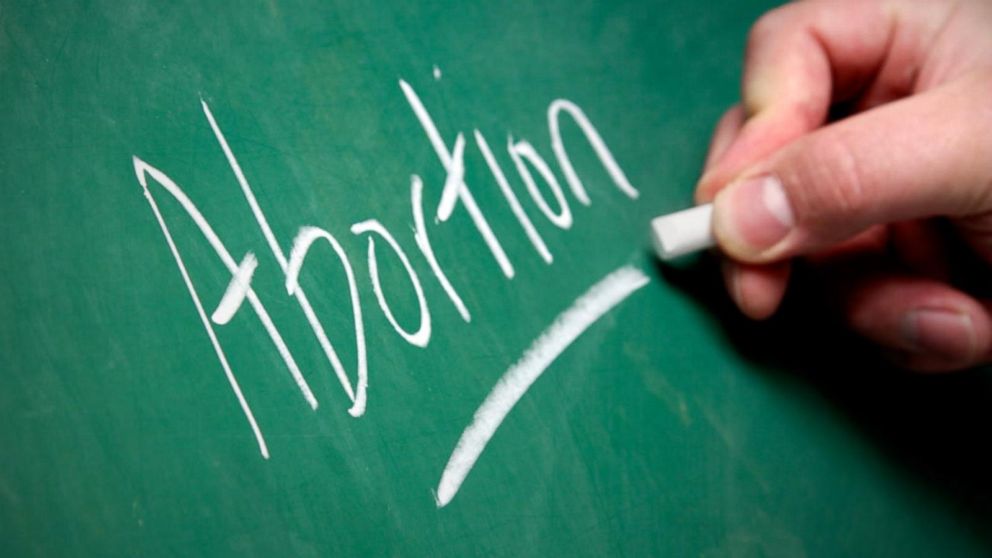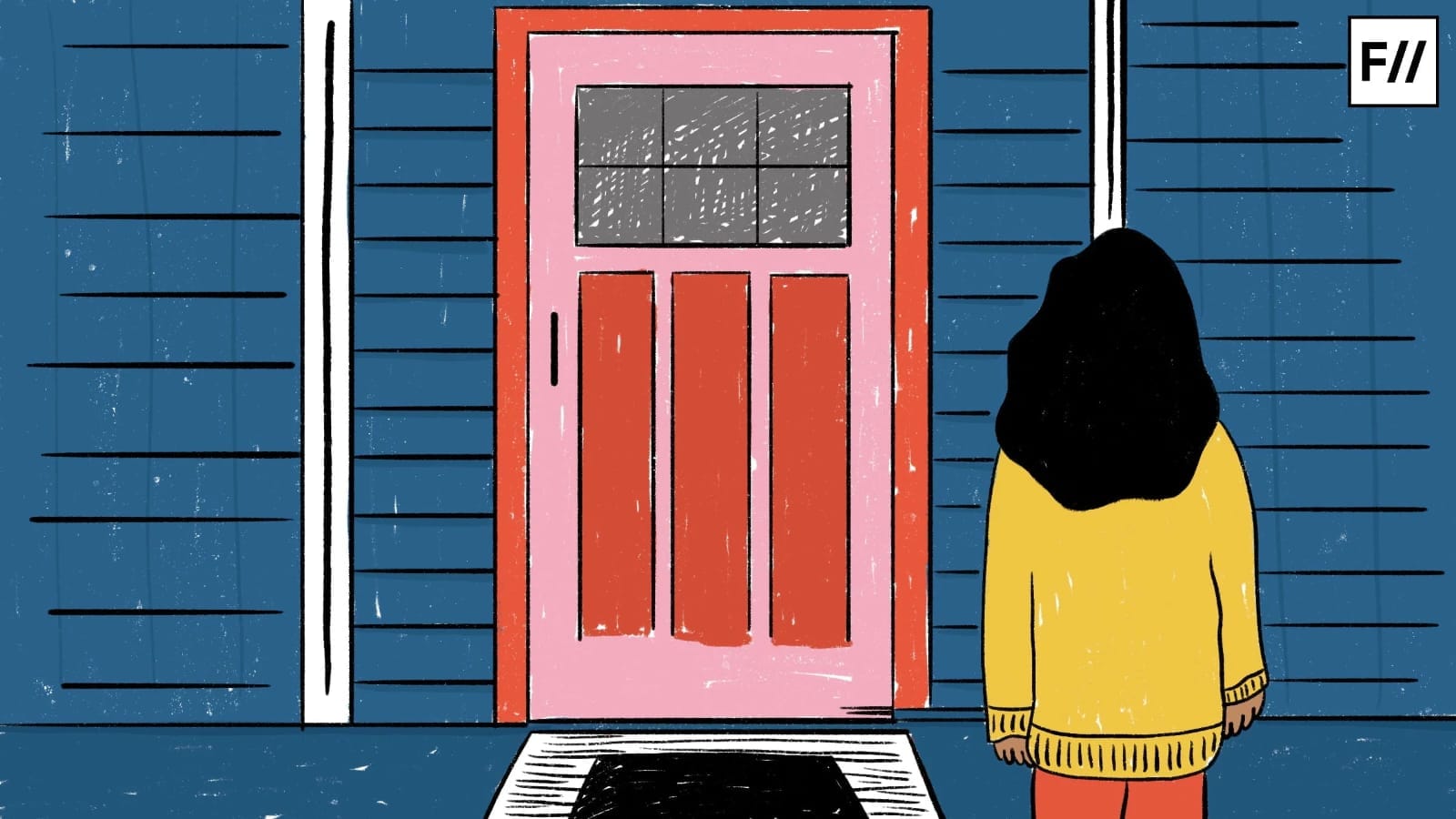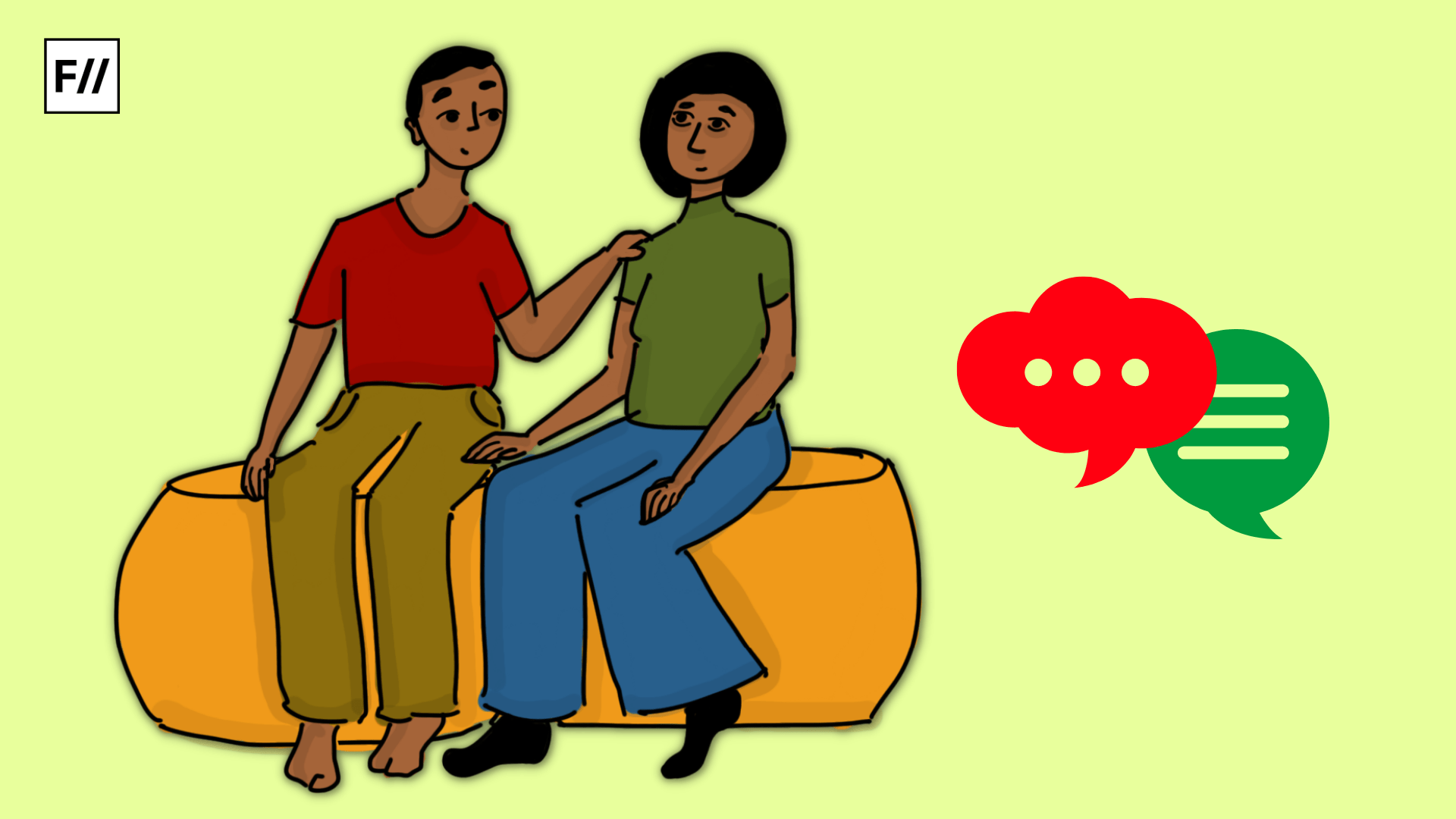On 12th May 2020, mainstream newspapers reported that an abortion pill overdose allegedly resulted in a woman’s death in Mumbai. Her husband, in-laws, family doctor, husband’s friend and the medical representative who supplied the pills have all been booked under Section 314 of the Indian Penal Code as well as Sections 4 and 5(2) of the Medical Termination of Pregnancy Act. While the police were prompt in responding to the complaint of foul play, the news items raise some questions about the process of investigation, reporting as well as the restrictions on pregnant persons’ access to the healthcare services they need, especially in the context of the current pandemic crisis.
To begin with, it is not clear from the report how the conclusion about “overdose” of medical abortion pills was reached. Autopsy reports usually indicate the cause of death in terms of the complication or physical condition which led to death; in this case it was excessive bleeding. The reports do not mention whether the autopsy was followed by further investigations that suggested drug overdose. Moreover, there is no mention of whether the woman’s medical history was explored to rule out any other contributing cause or complication.
The newspapers also reported the pregnancy to be between 6-8 weeks, which is well within the gestational period for use of medical abortion pills as approved by the Drug Controller General of India as well as the WHO. Some reports have also stated that the medical practitioner as well as the medical representative were well informed about the pills. The commercially available combipack of pills for medical abortion has the exact number of pills that are recognised as necessary and safe for termination of pregnancy and the potential for overdose through a single pack is highly unlikely. The pills have been identified by a third-party medical facility, Tembha Hospital, as those used for medical abortion i.e. the combipack that is prescribed to all abortion seekers.
Women’s access to safe and confidential abortion services is a challenge even under regular, non-pandemic circumstances, with unsafe abortion still being among the top leading causes of maternal mortality in India.
However, these details are still missing the forest for the trees and the real big question is – what recourse did the woman have in the current pandemic and consequent lockdown to be able to obtain a safe abortion and post-abortion care?
Women’s access to safe and confidential abortion services is a challenge even under regular, non-pandemic circumstances, with unsafe abortion still being among the top leading causes of maternal mortality in India. In the current public health emergency situation where almost all public facilities have been repurposed to have a COVID-19 management focus, there are very few facilities that are providing abortion services. Although the government has identified abortion as an essential service, women continue to face barriers to accessing it.
Also read: What Would Enhancing Upper Gestation Limit For Abortion To 24 Weeks Do?
There is likely to be an increase in unplanned and unwanted pregnancies at present due to a variety of reasons—lack of access to contraception, people being stuck at home for days on end resulting in not only a higher frequency of sex, but also increased rates of intimate partner violence and rape. There are many women who will find themselves to be pregnant during the lockdown period or immediately after. There are many who found out or will find out they were pregnant only after the lockdown. For these and other pregnant persons, there will be an urgent need to terminate such unwanted pregnancies well in time, before they become physically evident or reach a length of gestation where access to services is not possible.
So where can these persons go for a safe abortions time is of the greatest essence?
Medical abortion pills have been used by women around the world and in India for over two decades now. These pills have been a life-saving and revolutionary advance in medical technology that has saved millions of lives. However, due to our colonial legacies, and patriarchal ideological and cultural norms, we still hold on to obsolete laws that create numerous barriers to access for safe abortion services.
Indian courts have made it clear that if a woman does not want to continue her pregnancy, then the woman alone should have the right to control her body, fertility and motherhood choices.
The tragedy of this particular case is that two decades into the 21st century, despite the availability of safe abortion services, a woman died due to the lack of access to the appropriate care she needed. The injustice of her death, and the deaths of many women like her around the world – like Savita Halappanavar in Ireland – lies in the fact that they might have been entirely preventable, without the various legal and socio-cultural restrictions on abortion access. Given India’s commitment to international human rights treaties like the CEDAW, and jurisprudence from our courts that have emphasized the importance of autonomy, bodily integrity, privacy and dignity, it is a shame that women are still dying from abortion-related complications.
Indian courts have made it clear that if a woman does not want to continue her pregnancy, then the woman alone should have the right to control her body, fertility and motherhood choices. Additionally, a woman’s freedom of choice on whether to bear a child or abort her pregnancy are areas which fall in the realm of privacy, which has been held by the Supreme Court to be a fundamental right. This means that the government needs to create a legal environment within which she can do this and create health care systems which can offer her the safe and effective options that she needs.
In a world where telemedicine is a real and practical solution to be able to reach out healthcare facilities to areas where people do not have easy access to experts and doctors, it should be a matter of grave concern for us all that women continue to die because they are unable to benefit from this scientific progress, or and unable to exercise control over their bodies and have access to safe and efficient ways of terminating a pregnancy. The current crisis has shown those of us who have always had freedom and access to healthcare how vulnerable we can be when it is taken away. We can very well imagine the lives of those for whom this has been an everyday reality.
We, as a country, need to do much better for women and allow them to be more than just instruments for sexual gratification and procreation in society, whose bodies need to be controlled and monitored. We need to create healthcare systems that respond to women’s needs instead of forcing women to run obstacle races to reach them. Unsafe abortion is the most easily preventable cause of deaths among women of reproductive age and we need to do whatever it takes to make sure that no other woman dies again while trying to control her own body and her own fertility.
Also read: Abortion Amid Lockdown: How Can The State Take Responsibility?
This article has been collectively written by members of NGOs working on safe abortion advocacy.
Featured Image Source: ABC News
About the author(s)
Guest Writers are writers who occasionally write on FII.




